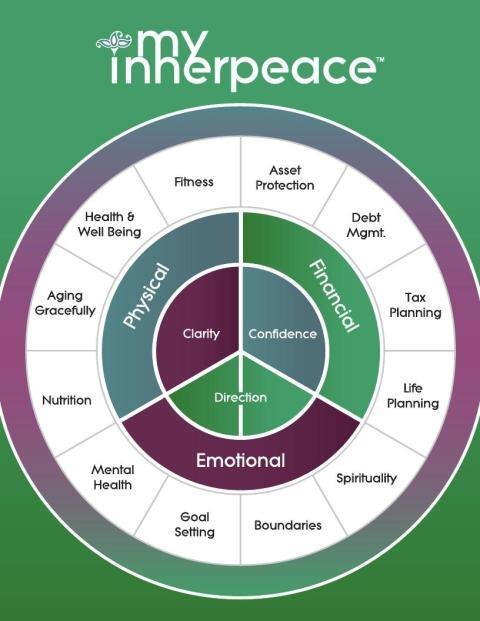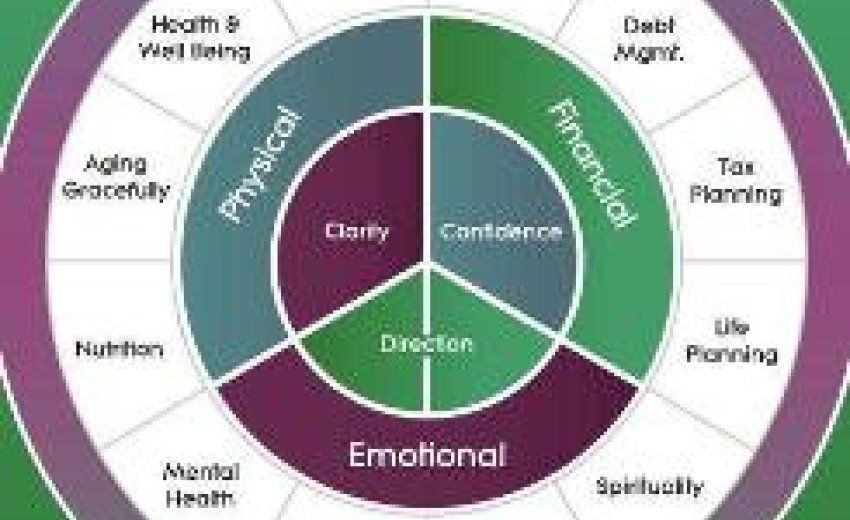Missing Sprituality
 'I believe there is a spirituality in every body', says a Granthi from
the stage of Gurduara Sahib Seven Kings, London.But the mental health
services of most western nations do not agree.The spiritual needs of
people experiencing mental health problems can often be overlooked or
even pathologised.
'I believe there is a spirituality in every body', says a Granthi from
the stage of Gurduara Sahib Seven Kings, London.But the mental health
services of most western nations do not agree.The spiritual needs of
people experiencing mental health problems can often be overlooked or
even pathologised.
So where does that leave those for whom religion is a way of life, asked a Sikh patient once, who I met while conducting a forensic assessment of crime and health for his possible discharge and on going care.This made me think, any one of us attempting to find some meaning behind a traumatic life experiences would be asking and feeling.It made wonder for a long time; and thereafter any time, I came across a Sikh [for that matter a Muslim, Hindu or of any religious persuasion] clientele in my professional capacity, I always beared that in mind; However, quite concerned that they were stuck into a system like that seen in the film , "ONE FLEW OVER THE CUCKOO'S NEST"; I always offered that extension of spirituality choice, when I come into contact during such assessments.
In the Oxford English dictionaries Spirituality is defined as:
1) Relating to or affecting the human spirit or soul as opposed to material or physical things: I’m responsible for his spiritual welfare having a relationship based on a profound level of mental or emotional communion: he never forgot his spiritual father (of a person) not concerned with material values or pursuits.
2) Relating to religion or religious belief: the country’s spiritual leader
Other definitions from other dictionaries say the same more or less.Spirituality is important for most, and many of us, when experiencing distress.It can provide a sense of belonging and hope, as well as enhancing coping strategies and a sense of control.For a Sikh, the path of Sikhism is 'a way of life as it encompasses an whole holistic life journey, actions and experiences; so it is not hard to imagine the typically "western approach falls short for many religiously orientated people.
"It's what motivates them to help themselves", I told a meeting of senior managers, during a National conference in Brighton ;because my experience tells me that if we explain for example what the Gurbani says in terms of depression then it resonates so much more, for example for a Sikh.
I believe Sikh communities in the western countries need an integrated approach to mental health care.Currently, there is no such Sikh service that can try and combine both western interventions and specialist Sikh counseling.Typically the Sikh side of treatment could involve references to the Shabad Guru, Guru Granth Sahib; to take comfort or guidance from, and /or offering of specific prayers[path]like SUKHMANI Sahib,that can , through the practice of recitation, give the person a feeling of solace and peace.
In Sukhmani, 'Prabh Ki Simeran Pooran Ki Asa, Prabh Ke Simeran Man Ki Mal Jaye' offers that by remembering the Lord, the desire is fulfilled,the mind's filth is removed, and the ambroisal Name is absorbed in the heart- goes a long way in strengthening the mental faculities of any person with spiritual leaning.
From my experience and statistics shows people recover much quicker as they use a combination of medication, cognitive behavioural therapy aand counselling based upon Sikh Values; as this move recognises and actively encourages the SPIRITUAL that is so integral and central to the daily Sikh life.
The question, can a spiritual aspect to treatment really be of benefit then?A Muslim patient, Zainab, a rethink mental illness supporter and practising Muslim says that prayer allows her to "clear her mind."When she experienced depression a few years ago, it was CBT aand talking to her Imam that helped her .She points out the similarities between mindfulness and prayer; just another patient, Tarmninderjeet Virk, a Sikh also found the similarities in the prayer and mindfulness.Mindfulness is often recommended for mental health problems. Tarminderjeet says "They are very similar, and when I realised I already had this "tool" [prayer] available to me as part of my religion then
Accepting the lesson
But for some Sikh/Muslim Communities it is not just about tailored treatment, it goes deeper then that. In the Koran it states that 'no calamity befalls but with the leave of Allah [Surah at-taghabun 64;11, the Koran]
In Guru Granth sahib, the prayers of Jap Ji Sahib; Rehraas sahib; Kirtan Sohila, Sukhmani Sahib are all pillars of strength and faith for the Sikhs. Jap Ji sahib is a sacred bani from Five that Amritdhari Sikhs should recite every day. The banis are Word of God-disseminated by Guru Nanak - and his ten Forms of Enlightenment to humanity. Most Sikhs, if they cannot recite the Gurbani themselves,would be content to listen it being recited by someone who knows and join in the Ardas jointly.Ardas is a suplicatory prayer, conducted at the end of any prayer at any time of the day.
In Nanak's Jap Ji Sahib, one recites 'Mannai tarai Gursikh'- for having firm faith, belief and devotion, the Guru himself has achieved salvation and will make his Gursikhs [followers] the same,injects a strong bond of faith in the bani.
So unlike the western point of view that looks to genetics, biology and medication to understand and treat mental illness, for many Sikhs [and other followers of eastern religions] the reason is simple, it is the Will of Waheguru [God Almighty].
'Life is a test' explains another Sikh Ajay Ganda, who runs a small mental health recovery project for Sikhs in Kent; and it's about "how we deal with hardship and how we learn to move forward".from the Sikh perspective , it is less about trying to "fix" the problem and more about the acceptance or endurance of a " lesson"-Guru Da Bhana- the will of Guru; agya Bhai akal ki - order of the God Almighty. For Sikhs patience means to keep close to Guru-Guru Angh sangh sahaii hove- and to accept calmly the trials He sends , without complaining or feeling sad-Tera bhana mitha lage!
However,on the other side of the coin, after having worked with Sikh and other minority groups, I feel this attitude can sometimes prevent people from seeking help.In many cases the family as a whole sees the mental illness as a burden, given to them by the Karta Purakh (the all prevailing Mighty, or Allah for Muslims.)
This can of course have devastating effects, and it is why, my experience says we need a all inclusive holistic approach and treatment that takes into account the role of God ion a person's understanding of the world.In my presentation most of the senior managers present at a national conference agree.It is a case where people need to address "what does God say about this experience I am having"
Missing the spiritual
An in depth report by the Mental Health Foundation, called Keeping the Faith, concluded that spirituality represents" an expression of an individual's sense of humanity providing meaning and direction " and that spiritual activities , as part of an integrative approach can support the mental health and "healing of individuals". Crucially they found that it applied equally to those who were connected to an established religious faith, but also those that weren't.The report blamed the lack of spirituality in Mental health services on a " traditional science discipline "where religion and spirituality are seen as something "undefined and indefinable, that is
outside of the professional's sphere of influence and interest.So where does that leave the western mental health services ? It is no wonder , the current set up of services fails often to address the needs of the Sikh, Muslim or Hindu or any person with a religion.It is just not about the Muslim or Sikh or Hindu communities,perhaps it is also about the whole communities that do believe in spirituality of some sorts.What if the mental health services were not only geared to encompass a persons faith, but actively sought out the meaning behind symptoms and then asked what can this teach us? After all, if we position spirituality as whatever gives an individual's life meaning, purpose and fulfillment, then surely SPIRITUALITY is need by all , irrespective of any religious back ground or atheists, included,in fact is it not fundamental?
Sikh communities need greater awareness about mental health and the connection with spirituality and seek their rights to spirituality. It is important that we stay in Chardhi Kala - healthy mental state and share the daswand - one tenth of sewa with the world.

